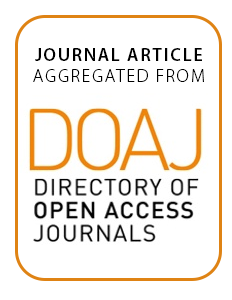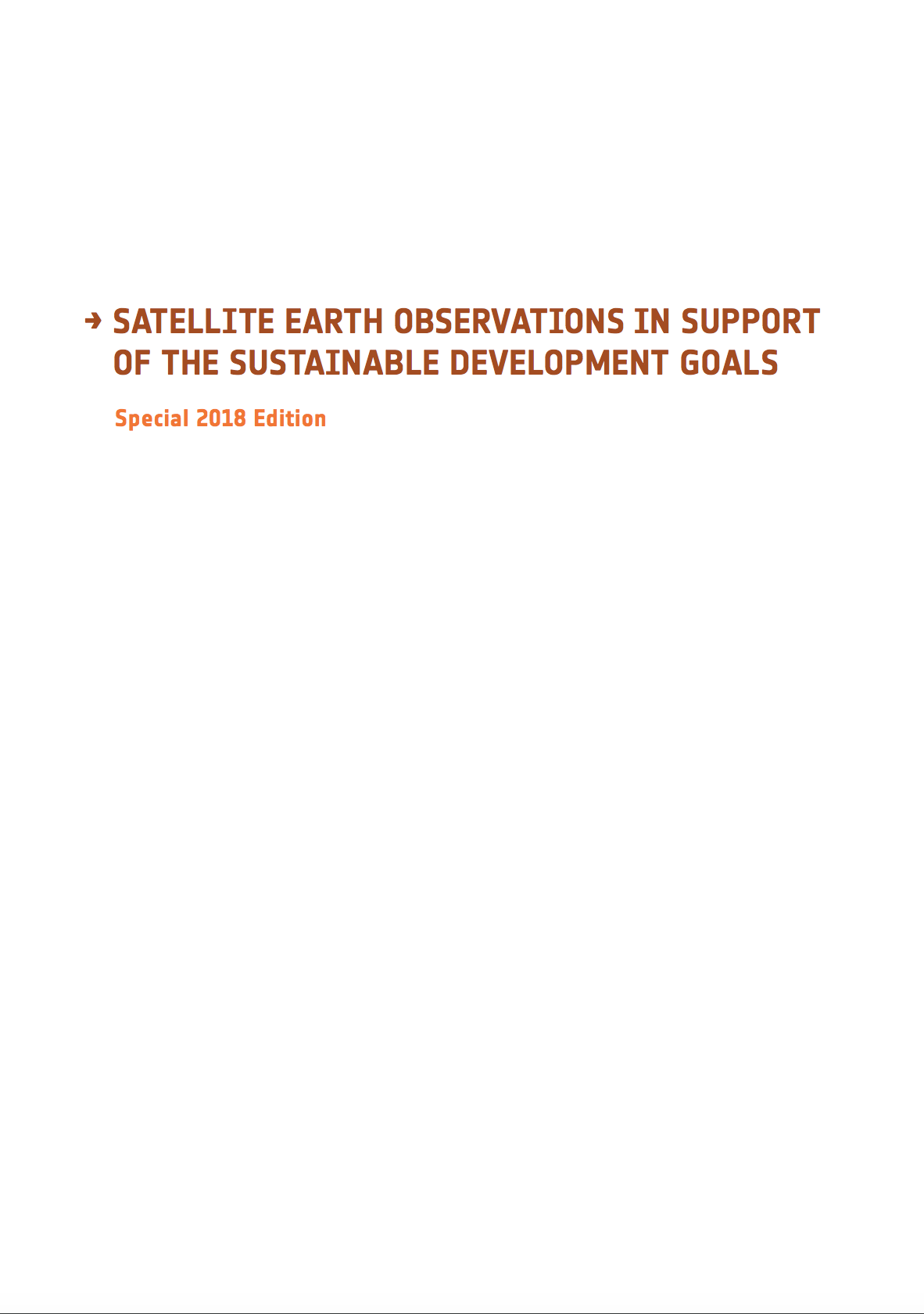Sustainable noise abatement along motorways in Germany – an empirical study in the municipality Frasdorf (Bavaria)
As part of the planned expansion work of the motorway A8 between Rosenheim and Salzburg and the
associated legal opportunity to develop new traffic noise protection measures, this study investigated
properties of sustainable noise abatement in a community next to the A8. A two-stage empirical survey
was conducted integrating a citizen and an expert Delphi survey. The results show that the noise from
the motorway heavily affects the quality of life in health, economic and ecological respects. Sustainable







